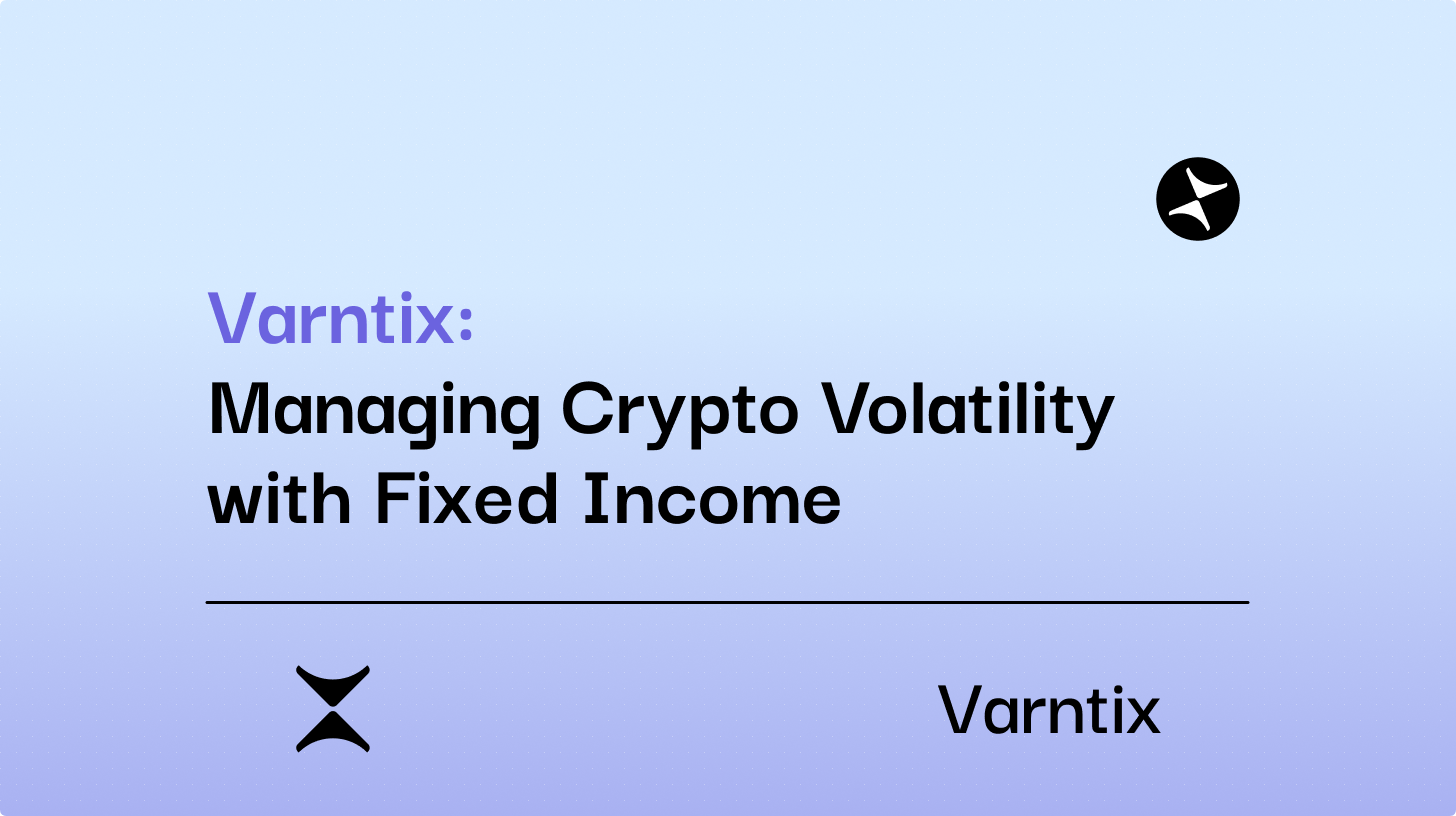Discover How Anticipation Markets Enhance Future Predictions
Concise Overview - Anticipation Market
An anticipation market is a decentralized system empowering users to trade based on the prospective outcomes of forthcoming events. By tapping into collective crowd insights, it gathers data to forecast events. Participants can engage in buying and selling shares that represent potential outcomes, with share prices indicating the likelihood of those results. These markets have been employed in diverse fields, ranging from predicting election results and stock market tendencies to forecasting natural calamities.
Understanding the Functionality of Anticipation Markets
Anticipation markets draw on the idea that a broad group's combined knowledge can lead to more precise forecasts compared to individual experts or traditional surveys. Within these markets, participants engage in trading shares tied to event outcomes, be it an election winner or a future asset price.
When such a market emerges for a particular event, participants can trade shares aligned with varying possible outcomes. Each share's price mirrors the assumed likelihood of the outcome they represent. For instance, if market sentiment suggests a 70% probability for a specific candidate to win an election, shares for that outcome will be priced higher than those for other candidates.
As fresh details surface or opinions alter, participants can modify their stakes by buying or selling shares, which helps continuously refine the market's forecasts through the integration of new data.
The Advantages of Using Anticipation Markets
Anticipation markets provide an array of benefits:
- Precision: Historically, anticipation markets have achieved accurate predictions, often surpassing conventional forecasting techniques.
- Speed: By motivating participants to trade grounded in their insights, these markets swiftly reflect new information in share prices.
- Openness: Usually decentralized and leveraging blockchain, anticipation markets ensure transactional clarity and permanence.
- Encouragement of Knowledge Exchange: Participants have a financial incentive to share insights, boosting the accuracy of predictions.
- Risk Mitigation and Hedging: These markets provide a platform for individuals and entities to manage risks by investing in varied outcomes.
Hurdles and Constraints Faced
Despite their benefits, anticipation markets encounter obstacles and restrictions:
- Regulatory Challenges: Certain regions impose limitations on these markets due to concerns over gambling or potential exploitation.
- Market Depth: Limited liquidity, particularly in niche or less popular events, can affect trade volumes and pricing accuracy.
- Participation Imbalance: A lack of diverse participants can skew the market's forecasts, as diversity is vital for accuracy.
- Risk of Information Distortion: Participants might try to mislead or manipulate the market for personal advantage, although systems like reputation checks can mitigate this.
Practical Implementations
Anticipation markets have found applications across multiple sectors:
- Government and Elections: They have accurately forecasted election outcomes and political events, aiding strategists and analysts with valuable insights.
- Economic Predictions: These markets help foresee stock market trends, evaluate product success, and gauge mergers and acquisitions likelihood.
- Climatology and Natural Events: Used to predict weather changes and natural disasters, aiding in community preparedness.
- Tech Industry: These markets can predict the adoption and impact of new technologies, like cryptocurrencies or emerging innovations.
Final Thoughts
By utilizing the collective intelligence of its participants, anticipation markets offer a decentralized and effective method for forecasting future scenarios. Through trading shares tied to various outcomes, these markets capitalize on accuracy, openness, and promote information dissemination. Despite facing certain challenges, their wide-ranging applications continue to enhance decision-making processes across many fields.









